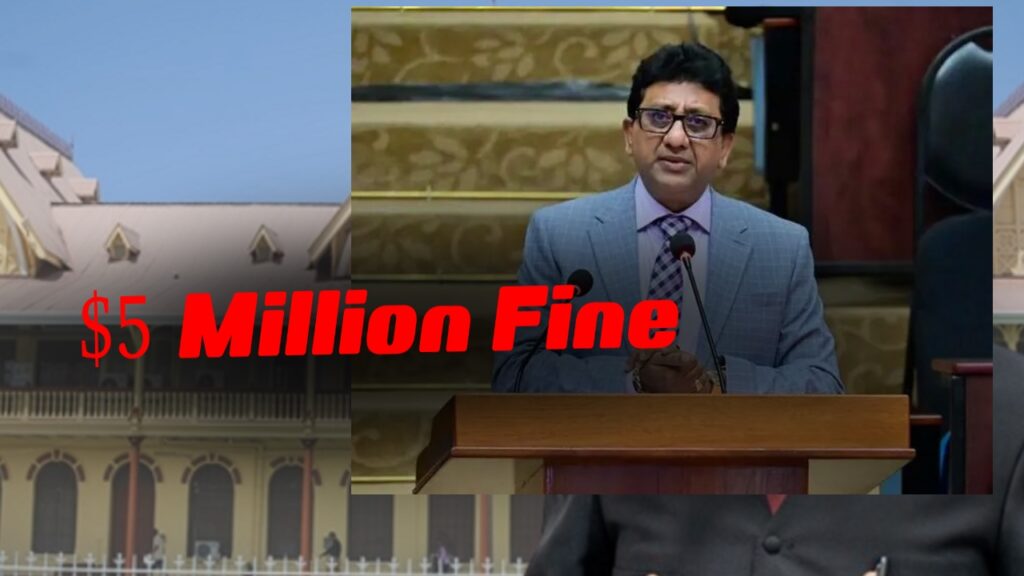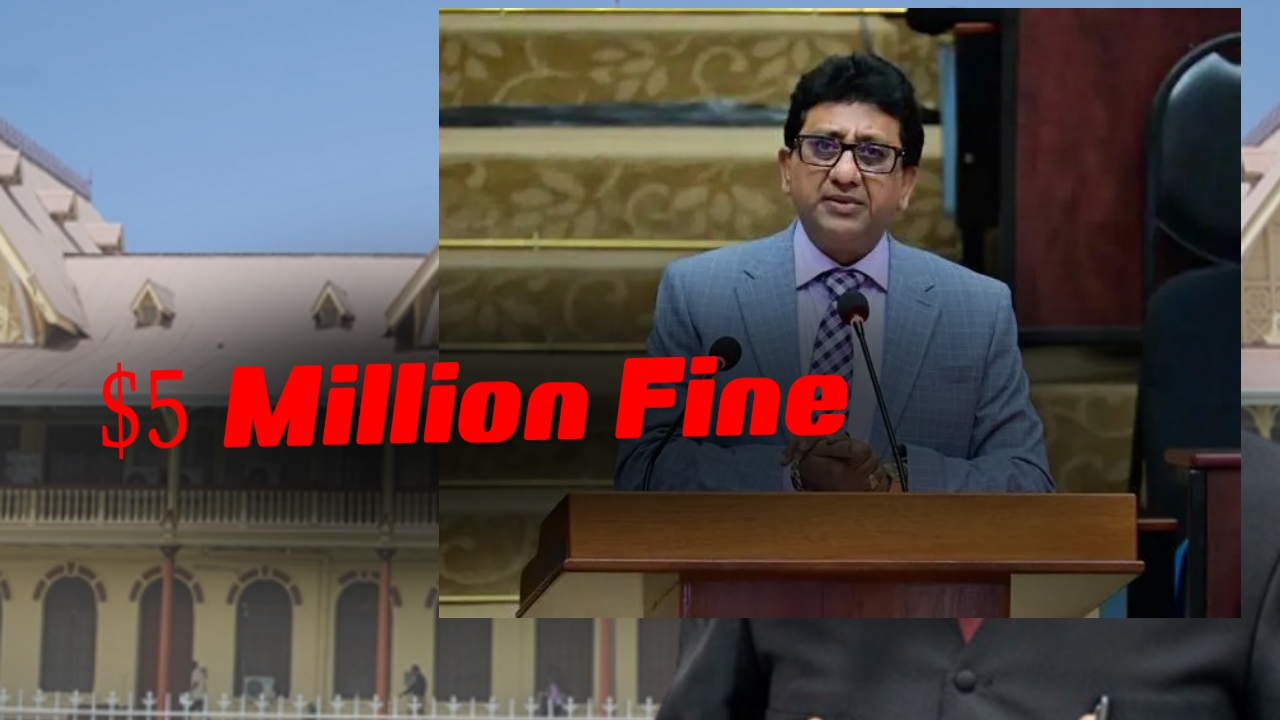Attorney General Anil Nandlall issued a stern reminder on Tuesday night regarding the serious criminal offences and penalties outlined in the Representation of the People Act. He cautioned that any attempts to obstruct or interfere with voters on election day could result in significant fines, imprisonment, and disqualification from voting or holding public office.

In his weekly Issues in the News commentary, Nandlall highlighted key provisions of the law, particularly Section 178, which prohibits unauthorized individuals from obstructing or interfering with a voter’s access to polling stations or disrupting the duties of election officials and polling agents.
“Any person who interferes with the electoral process—whether by blocking access, intimidating voters, or preventing election staff from performing their functions—can face fines of up to $5 million, a three-year jail term, and a five-year disqualification from voting or contesting elections,” he stated.
Nandlall’s comments were prompted by a video circulating online in which Opposition Leader Aubrey Norton allegedly encouraged polling agents to block voters who speak foreign languages. The Attorney General denounced these statements as “reckless” and “irresponsible,” emphasizing that language has never been a legal barrier to voting.
“There is no electoral system in the world that disqualifies a person from voting because of language,” Nandlall asserted. “To attempt to do so would be discriminatory and unconstitutional. It is also a manifestation of xenophobia—an international offence.”
He explained that Guyana’s electoral laws have long recognized linguistic diversity. Since 1987, interpreters have been permitted at polling stations to assist voters who do not understand the primary language, with the presiding officer’s approval ensuring that every registered elector can cast their ballot.
“Our law has always made provision for such scenarios,” he added. “The right to vote cannot be denied based on language, culture, or origin. This principle is settled not only here but across Commonwealth countries.”
Nandlall also referenced a precedent set by the Caribbean Court of Justice involving a Dominican national who was deemed eligible to vote in Barbados after fulfilling the one-year residency requirement, a legal feature common to both Guyana and other Commonwealth states.
He warned that any deliberate efforts to spread misinformation or obstruct voters on election day would not be tolerated.
“These are not empty threats. The law is clear, and the penalties are severe. Anyone inciting or committing these offences will face the consequences,” he concluded.
Other News

Juretha Fernandes Selected as Prime Ministerial Candidate for APNU
![]()





